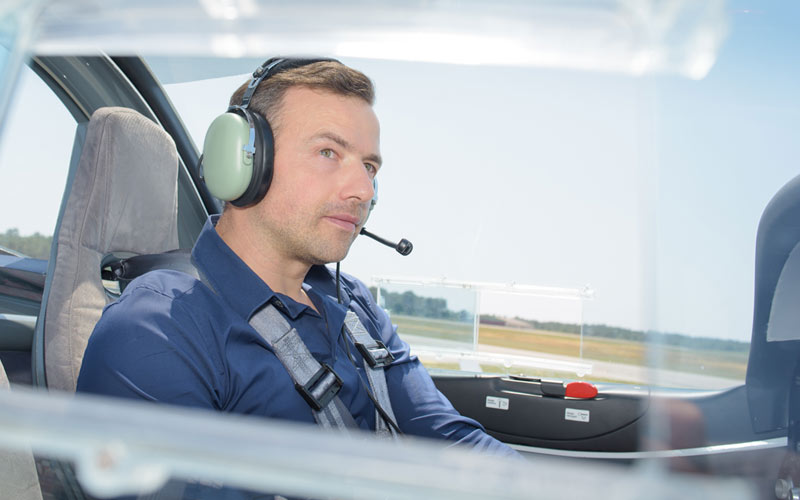

Two Key Items to Your Insurance Policy: Pilots and Training
Over the last several years this topic has been as close to any as a recurring theme in Squawk Box. This is because of its dire importance when it comes to avoiding coverage issues following an accident. So often we’ve caught subtle references to additional exposures we weren’t initially made aware of, ones that would have otherwise jeopardized coverage. Among the most common sources for revealing these exposures is social media. A company’s Facebook or LinkedIn page will be the first to tell when a new service is available, or a new pilot is hired.
Often, it’s the insurance carrier that is one of, if not the last to know, which creates a gaping hole in the coverage if this isn’t immediately remedied. Just the other day I saw the announcement “Now offering charter flights!” for a tour company on the east coast. Up to that point the company was only covered for tours, making any coverage for charter flights null and void. A subset of this, which is far more common, is when new pilots are hired. Pilots come and go far more often than operators add/drop services, which means it’s much easier for new hires to get lost in the fray of day-to-day business, or HR and FAA dealings.
In some cases, by the time the pilot is passed along to us for review, they’ve already been flying. This instantly creates a massive exposure because if that pilot isn’t approved for one reason or another, every flight — and by extension, every passenger — is without insurance. Secondarily, but not mutually exclusive, is that same pilot’s training. Just because he came from another operator and was flying the same type of aircraft does not mean he’s already approved on your policy.
Training requirements vary greatly from one policy to the next. Special training exceptions are made daily, which can even be as specific as having named pilots train differently than those flying under the OPW! Regardless of how liberal or unique your training/hiring requirements may be, it is imperative that each and every pilot be approved by the insurance carrier. This involves a review of their merit as well as their training. A shortcoming in either category may void coverage, and if said pilot has a loss it may put an operator out of business.
We’ve seen it happen, so this isn’t just a hypothetical. With the rash of aviation accidents in the past year underwriters are only going to get more rigid and less accommodating, so never assume pilot acceptance until you have it in writing from your agent!
